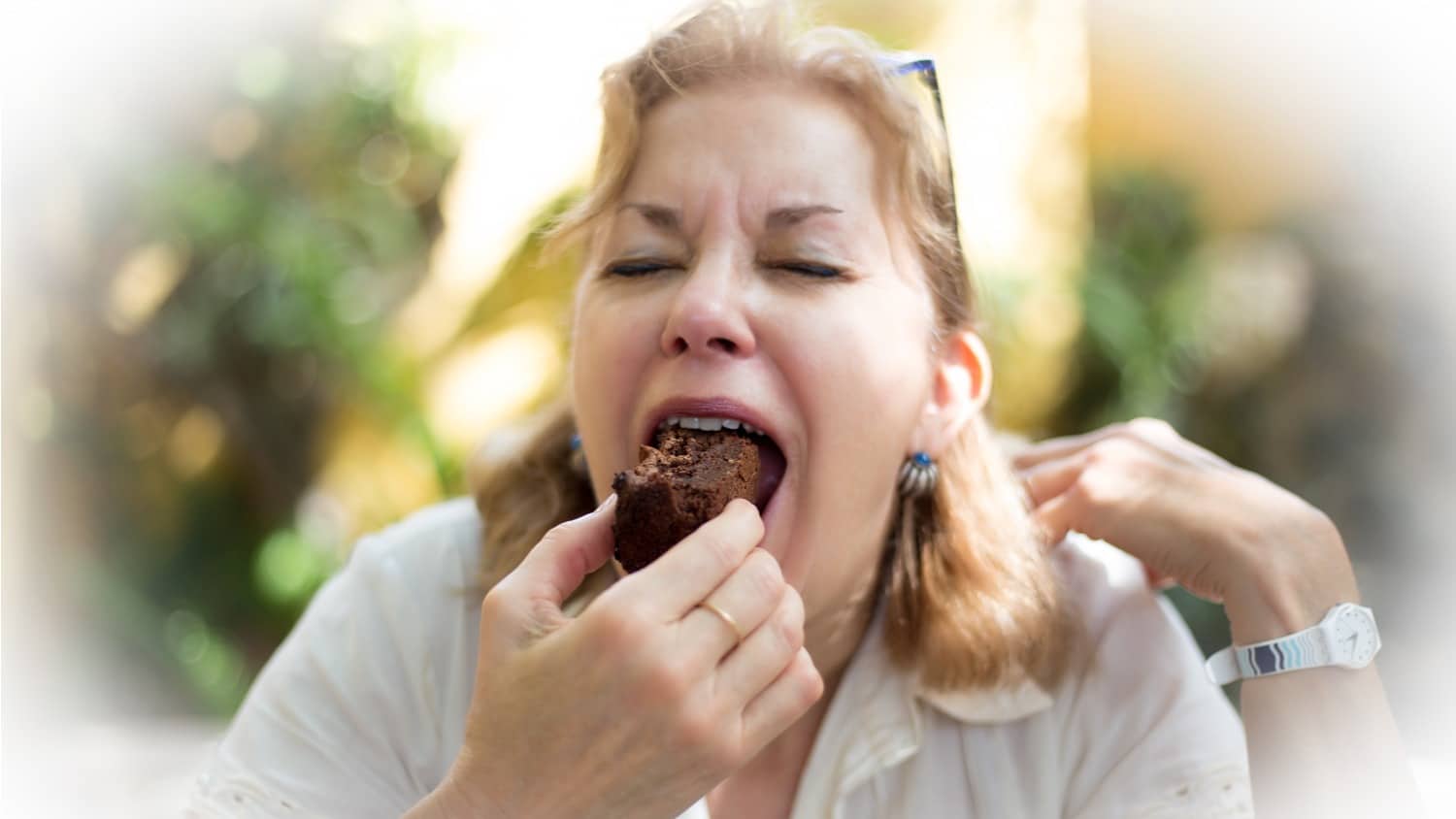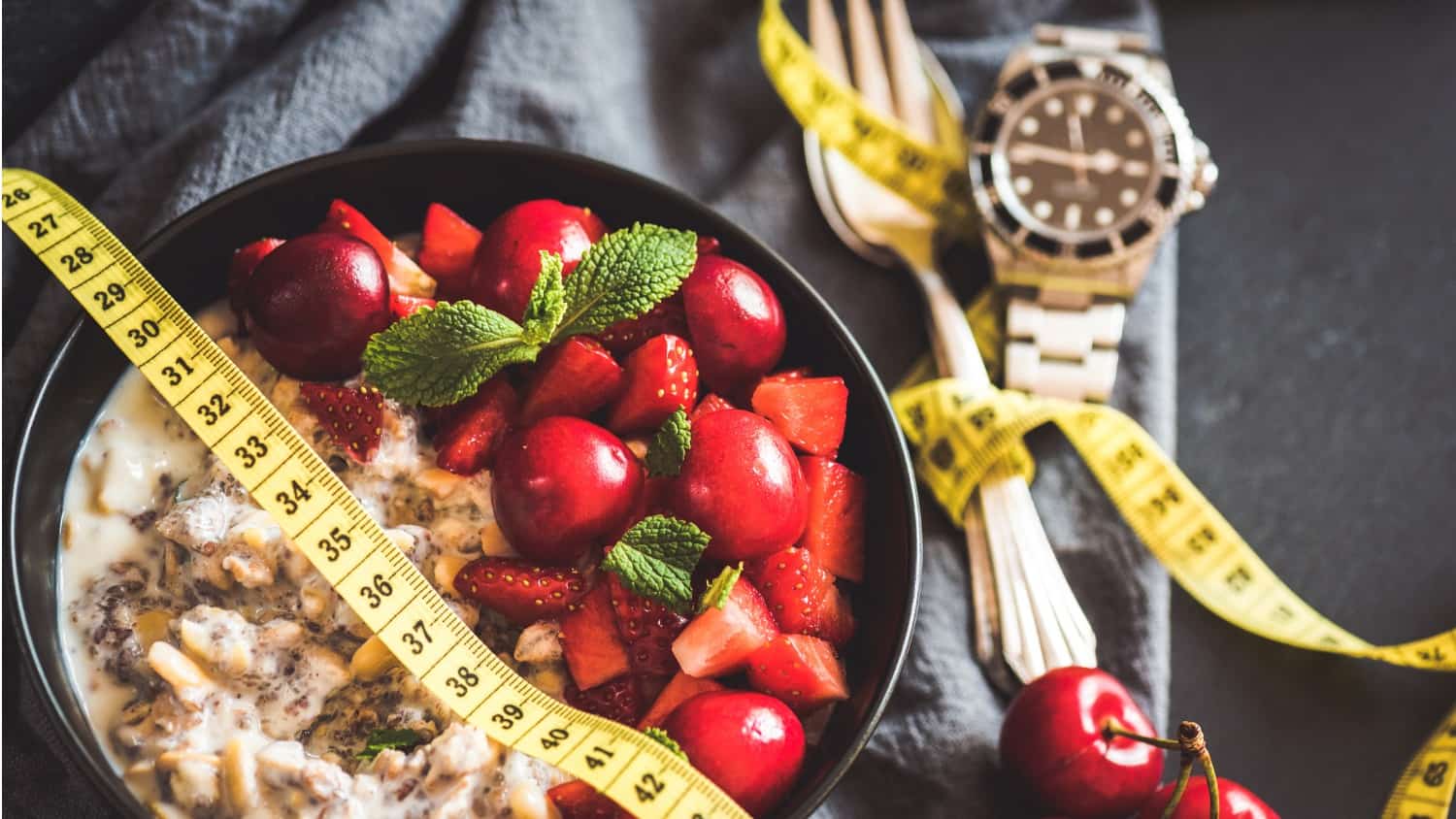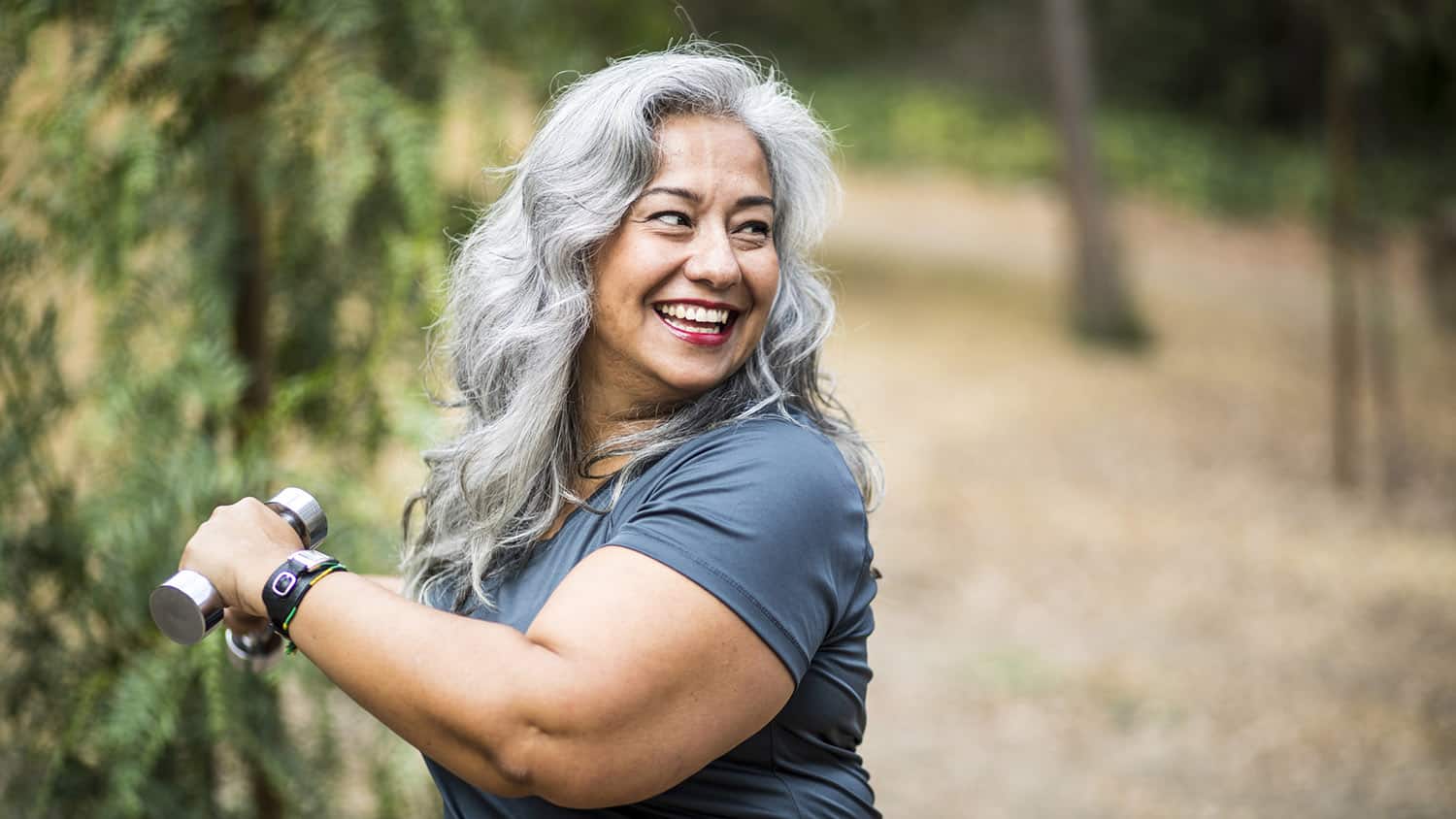
How Women Over 60 Can Develop the Courage to Trust Themselves Around Food
Kathy’s dream is to move to a seaside town that will provide glorious walks along the beach and the community she has been craving, but it’s too far from the nearest medical center.
She has some health conditions that don’t worry her too badly when she is taking care of herself by eating well and moving her body. And yet, she is reluctant to make this adventurous move because she doesn’t trust herself to sustain these healthy behaviors.
Emotional Eating That Results from All or Nothing Dieting Disconnects You from Trusting Yourself
Before you (and Kathy) can learn to trust yourselves to consistently follow the healthy behaviors that provide the confidence to follow your dreams, you have to understand why the trust got broken in the first place.
It’s easy to blame yourself because you likely have a track record of starting eating plans or walking routines and then falling back to old habits.
The truth is, if you struggle with trusting yourself to consistently make healthy eating and lifestyle choices, it’s not your fault.
All or Nothing Dieting Is to Blame for Struggles with Making Consistently Healthy Choices, Not You
All or Nothing Dieting (AKA regular ole’ dieting) convinces you that you either have to eat perfectly and follow your plan to a “t” – or what’s the point of trying?
And since it can result in a slowed metabolism, to the point where experts argue 80%-98% of diets fail, you might even notice that dieting truly is fruitless if extremely restrictive, unsustainable plans aren’t followed.
All or Nothing Dieting Leads to Emotional Eating
Additionally, the pattern of restriction while on a diet and out-of-control eating when off a diet is not your fault, either.
All or Nothing Dieting gives you lists of forbidden foods that cause the forbidden food phenomenon. Which is a biologically driven process that leads to more dopamine when thinking about the forbidden food – and thus greater motivation to eat it, and pleasure when you do finally give in.
This hit of dopamine causes you to feel good when you eat, which trains you to use food to numb difficult feelings or as a primary source of pleasure, resulting in a pattern of emotional eating.
The Cumulative Effect of All or Nothing Dieting and Emotional Eating Is Disconnection from Your Body
This pattern loop of dieting to emotional eating and back again results in:
- Inability to feel hunger and satisfaction due to using external cues, from tracking apps and the scale, causing you to disconnect from your body.
- Strong food cravings from stress and difficult emotions, leading you to distrust yourself around indulgent foods.
- Yo-yoing between restriction on diets and feeling out of control around food because you took away a good coping mechanism (emotional eating) without finding another way to care for your emotions. This pattern makes it hard to create sustainable change.
And remember… it’s not your fault! You were doing the best you could with the information available to you. It’s not your fault that All or Nothing Dieting doesn’t work.
The Solution Is to Cultivate the Courage to Trust
The solution to the harm caused by All or Nothing Dieting is cultivating the Courage to Trust.
Cultivating the Courage to Trust involves practicing listening to and meeting your body’s needs with compassion, so you can get to a place where you have a supportive relationship with food, your body, and your health so you can eat with joy instead of eating to seek joy.
To finally find the Courage to Trust, you must first unlearn and heal the impacts of All or Nothing Dieting and the resulting dependence on food for emotional care. When you do, caring for yourself becomes more effortless.
Here’s what Greta, a retired woman, had to say about her experience finding the Courage to Trust:
“[I shifted] my thinking from “all-or-nothing” and seeking perfection by avoiding and restricting certain foods in order to feel successful on a diet, to one with self-compassion and strategies to help me lean into my emotions rather than eat my way through them.
In 12 weeks, I have lost about 8 pounds and the swelling in my ankles and legs has been significantly less… Emotionally, I have fewer knee jerk reactions catapulting me into the kitchen to find something to eat when I am feeling stressed.”
To find out how to get results like Greta, “How I Healed Myself from Emotional Eating and Learned to Feel Comfortable in My Own Skin.”
Getting Support to Cultivate the Courage to Trust for Women Over 60
While a supportive relationship with food is possible for everyone, the level of support needed to find the Courage to Trust depends on your history with dieting, body image and medical concerns.
If, after reading the suggestions below, you still aren’t sure what level of support would be best for you, use the reflection questions at the end of the article and attend my upcoming live training about how to cultivate the Courage to Trust.
Choosing the Best Level of Support
One-on-One Support
The highest level of support, one-on-one help, is a good option for people who feel overwhelmed and want the personalization and guidance of direct support from a practitioner. As a Registered Dietitian, I recommend one-on-one support for anyone who has a complicated medical history so we can optimize their nutrition and lifestyle to treat and prevent disease, while healing their relationship with food.
Group Support
Group support can be very healing for people who struggle with feeling alone and isolated in their eating struggles. If you suffer from car eating, closet eating, or secret eating, getting support from a safe group may be a good fit for you.
Self-Help
This is a great option for people who have already worked through the emotional impacts of dieting and using food to numb difficult emotions. If you feel connected to your body and have the tools to feel your feelings instead of eat them, you may benefit from using books and workbooks to improve your relationship with food.
What’s possible for you, your body image and your health if you get the best support available? What are the reasons you might be putting off or avoiding getting support for your relationship with food? What is the cost to you of not taking action to get the support you need (ex: happiness, health, money, quality of life, etc.)?






